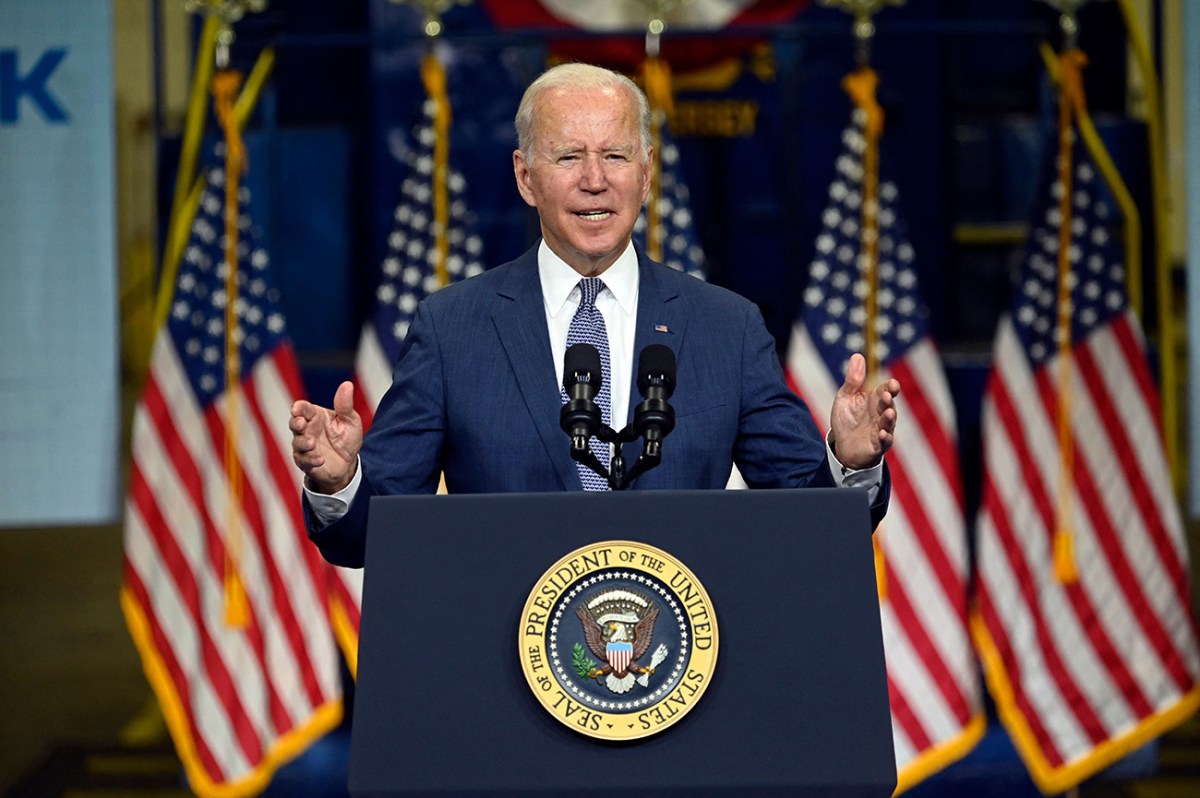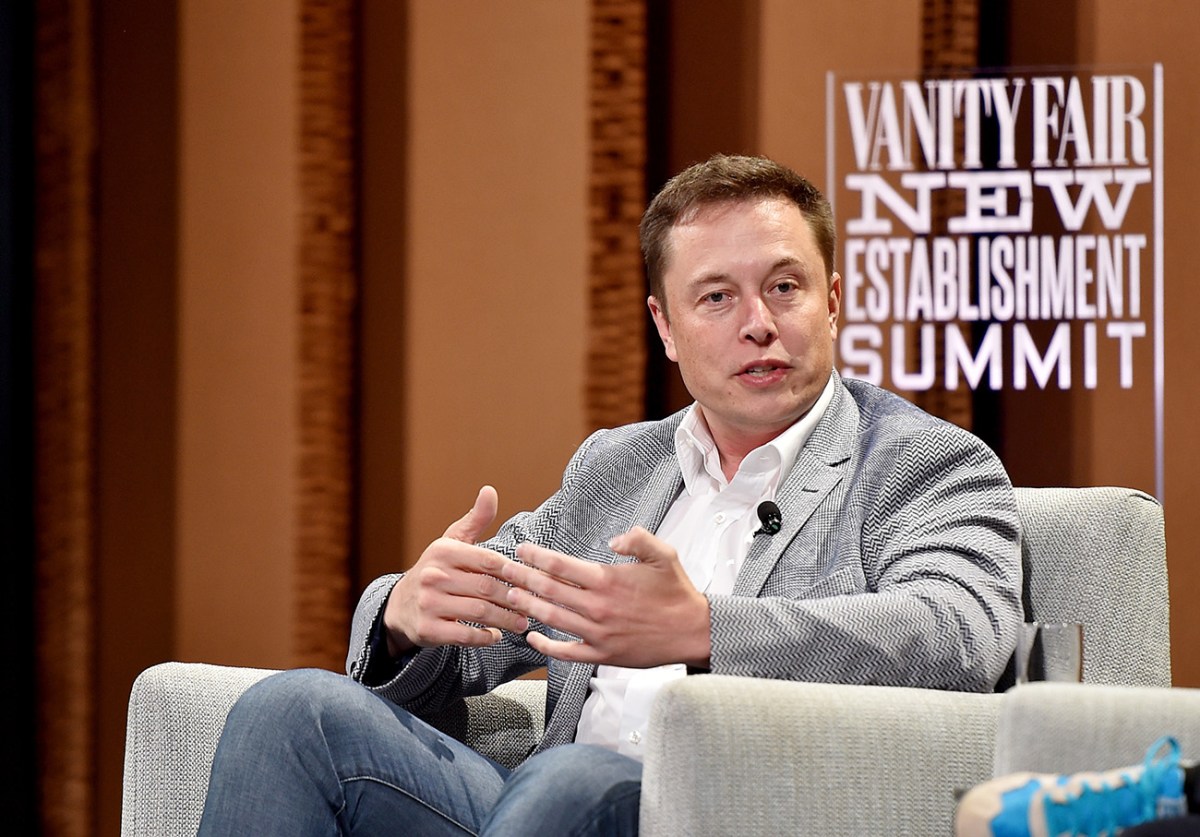
Global Semiconductor Shortage Update: GM Shipping Trucks Again
While the automotive industry is still in the midst of the global semiconductor shortage, it appears that there may be some light at the end of the tunnel. At its worst point, the shortage caused General Motors (GM) to pause production on newly assembled trucks as the automaker waited on new parts. However, it looks like things may be starting to turn around.
General Motors begins shipping trucks that were paused due to a global semiconductor shortage

According to a new Reuters report, General Motors is “more than halfway” through shipping out recently-assembled trucks that had previously been put on hold due to the global semiconductor shortage.
Steve Carlisle, GM’s North American chief executive, commented on the truck deliveries during the Reuters Events Automotive Summit. “We’ve made great progress,” said Carlisle. “We’re a bit better than halfway through that at the moment and our goal would be to clear out our ’21 model years by the end of the year. We’ll have a bit of a tail of ’22 model years into the new year but not for too long.”
In September, GM’s Chief Financial Officer Paul Jacobson warned that GM’s third-quarter deliveries could be reduced by as many as 200,000 vehicles because of the global semiconductor shortage. However, Jacobson did not detail the portion of trucks within that number.
To help speed up the process of getting the 2021 model year trucks to dealerships, GM bought extra car haulers to deliver them from factories or distribution centers, according to Carlisle. GM has also allowed dealerships to pick up the trucks themselves in specific locations.
The White House had to step in at one point

When the global semiconductor shortage got so bad that American automakers were shutting down manufacturing plants and furloughing workers, the economy started to see the effects. If the trends continued, there could have been an exponential impact on the country’s financial stability. Naturally, elected officials need to step in when an issue grows to that state.
In late September, the Commerce Secretary Gina Raimondo and the White House National Economic Council director met with representatives from the “big three” American automakers (GM, Ford, Stellantis). The Biden administration wanted as much information as possible from the automakers about how the semiconductor shortage affected their supply chain.
Some of the info requested included inventory, order numbers, and customer segments. It is unclear if the White House’s involvement has anything to do with General Motors being in a place where it could ship out the paused trucks. However, government intervention could be possible in the future if supply chain issues take a turn for the worse.
Some experts expect the semiconductor shortage to end by 2022

The longer the global semiconductor shortage lasts, the worse it will be for economies worldwide. Some companies are taking action by planning for the near future. For instance, Hyundai is expected to build its own semiconductor plant through its Hyundai Mobis division.
Other chipmakers have expressed interest in building additional facilities in the United States to shorten the supply chain.
However, some believe that the shortage will end relatively soon. Elon Musk has speculated that the semiconductor shortage will end by next year. When asked about the shortage during an event, Musk replied, “There’s a lot of chip fabrication plants that are being built,” and added, “I think we will have good capacity for providing chips by next year.”
If Musk is correct, then theoretically, after 2022, a semiconductor shortage should not be a major issue for quite some time.
However, that is all just speculation for now.


